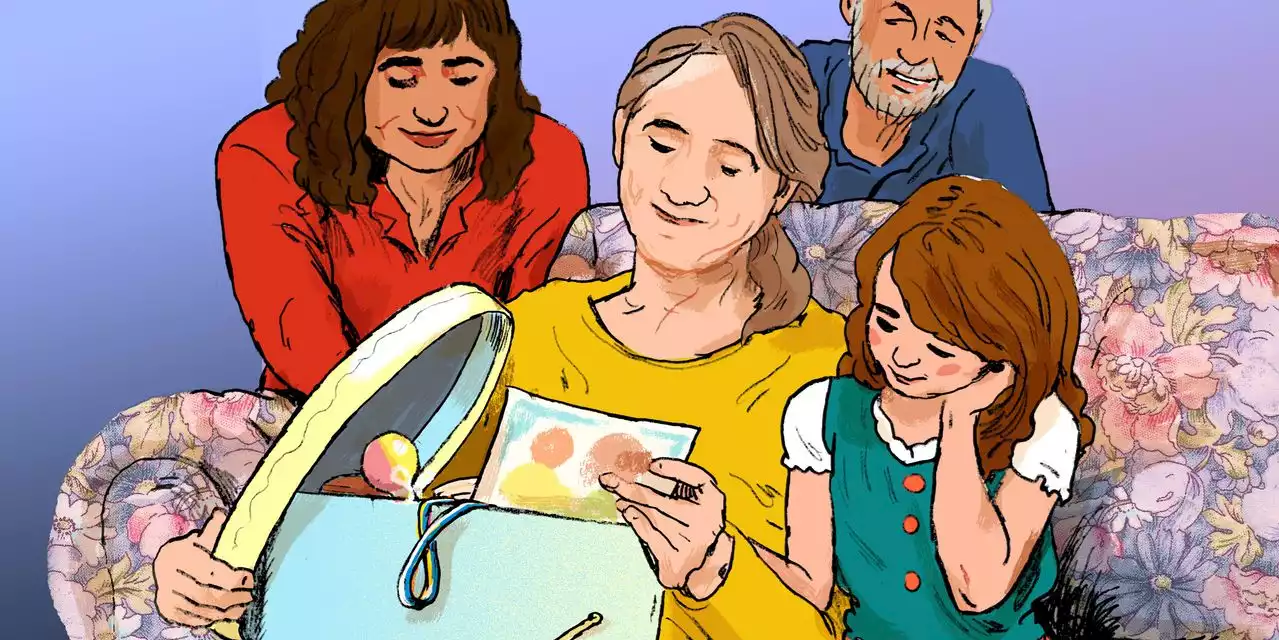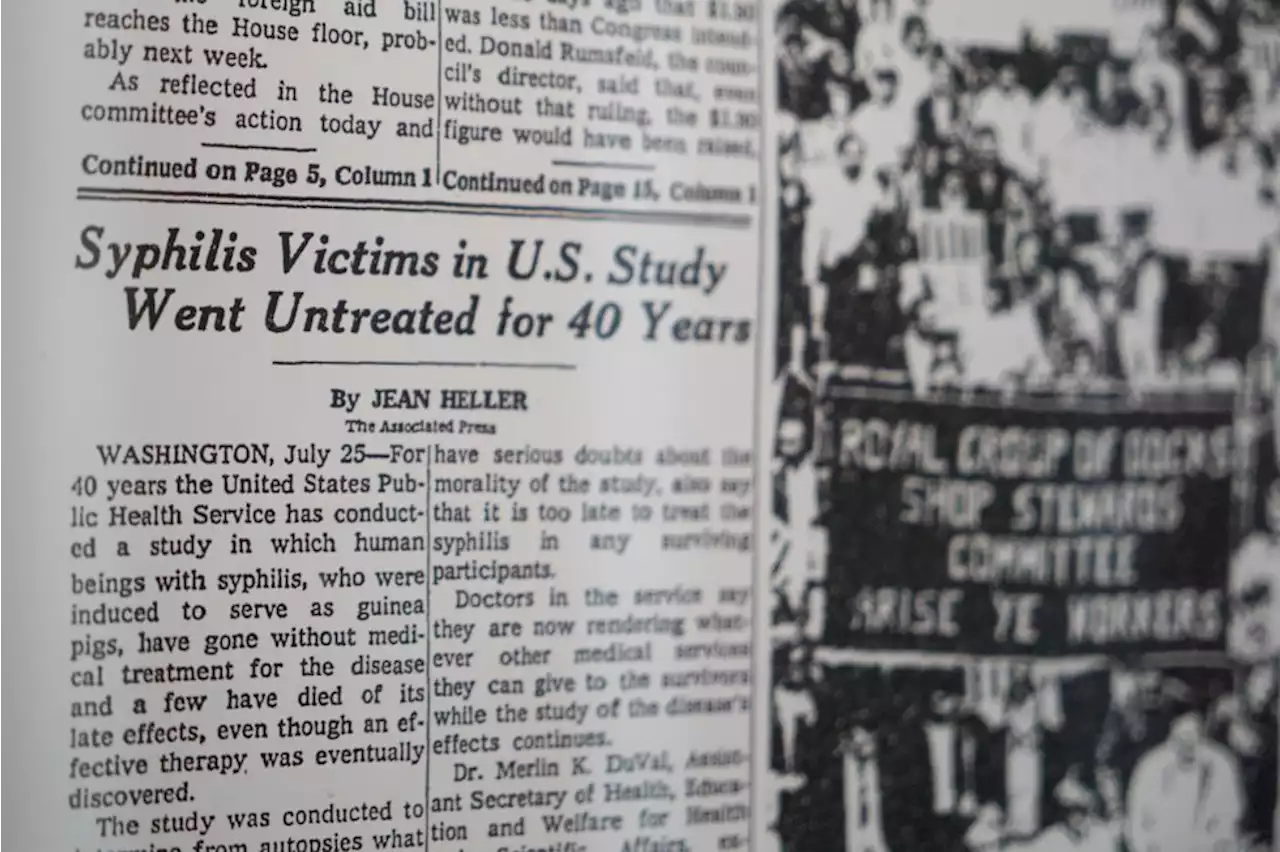A study of Western Australia and China during the COVID-19 epidemic suggests that one possibility is to establish a safe refuge. Establishing a safe refuge - on an island or in such remote locations like the moon or underwater - where a portion of the human population can remain alive has been prop
One idea for saving humanity in the case of a lethal pandemic or other great global catastrophe is to create a safe refuge where some people can survive.
Seth Baum, a geographer and the executive director of the Global Catastrophic Risk Institute in Washington, D.C., and Vanessa Adams, a geographer at the, investigated the case of China and Western Australia, two political jurisdictions that share borders with other countries but have managed to keep COVID-19 infections at a low level. The predicted number of cases per 100,000 people in China from March 2020 to January 2022 was 1,358 as opposed to 98,556 in the US and 142,365 in India.
In their paper, Baum and Adams examine both the differences and similarities between China and Western Australia. China is authoritarian, collectivist, and heavily populated in the most populous region of the world. Western Australia is democratic, individualist, and sparsely populated in one of the most remote regions of the world.
United States Latest News, United States Headlines
Similar News:You can also read news stories similar to this one that we have collected from other news sources.
Our ancestors became warm-blooded later than we thoughtA new study argues that warm-bloodedness first arose in mammal ancestors likely about 233 million years ago in the Late Triassic, 20 million years later than previously thought.
Read more »
 Napping regularly linked to high blood pressure and stroke, study findsPeople who often nap have a greater chance of developing high blood pressure and having a stroke, a large new study found. That might be because of underlying sleep disorders that are harming their regular sleep, experts say.
Napping regularly linked to high blood pressure and stroke, study findsPeople who often nap have a greater chance of developing high blood pressure and having a stroke, a large new study found. That might be because of underlying sleep disorders that are harming their regular sleep, experts say.
Read more »
 Even Sad Memories Make Us HappyWhy share your memories with others? Should you designate someone who loves you to make decisions about your health? Behavioral economist Dan Ariely has the answers.
Even Sad Memories Make Us HappyWhy share your memories with others? Should you designate someone who loves you to make decisions about your health? Behavioral economist Dan Ariely has the answers.
Read more »
 How an AP reporter broke the Tuskegee syphilis storyFor four decades, the United States government enrolled hundreds of Black men in Alabama in a study on syphilis, just so they could document the disease’s ravages on the human body.
How an AP reporter broke the Tuskegee syphilis storyFor four decades, the United States government enrolled hundreds of Black men in Alabama in a study on syphilis, just so they could document the disease’s ravages on the human body.
Read more »
 NYC Uber rides most expensive in the U.S., study findsAn Uber ride in New York City will set you back more than any other city in the U.S. according to a new study, but fares in Nashville are not much cheaper.
NYC Uber rides most expensive in the U.S., study findsAn Uber ride in New York City will set you back more than any other city in the U.S. according to a new study, but fares in Nashville are not much cheaper.
Read more »
 Zebrafish Can Repair a Damaged Heart, And a New Study Reveals HowZebrafish are marvelous creatures. Not only are they completely see-through, but they can also grow new organs. We already knew these translucent little fish could regenerate retinal tissue in their eyes – now new research shows how zebrafish can
Zebrafish Can Repair a Damaged Heart, And a New Study Reveals HowZebrafish are marvelous creatures. Not only are they completely see-through, but they can also grow new organs. We already knew these translucent little fish could regenerate retinal tissue in their eyes – now new research shows how zebrafish can
Read more »
